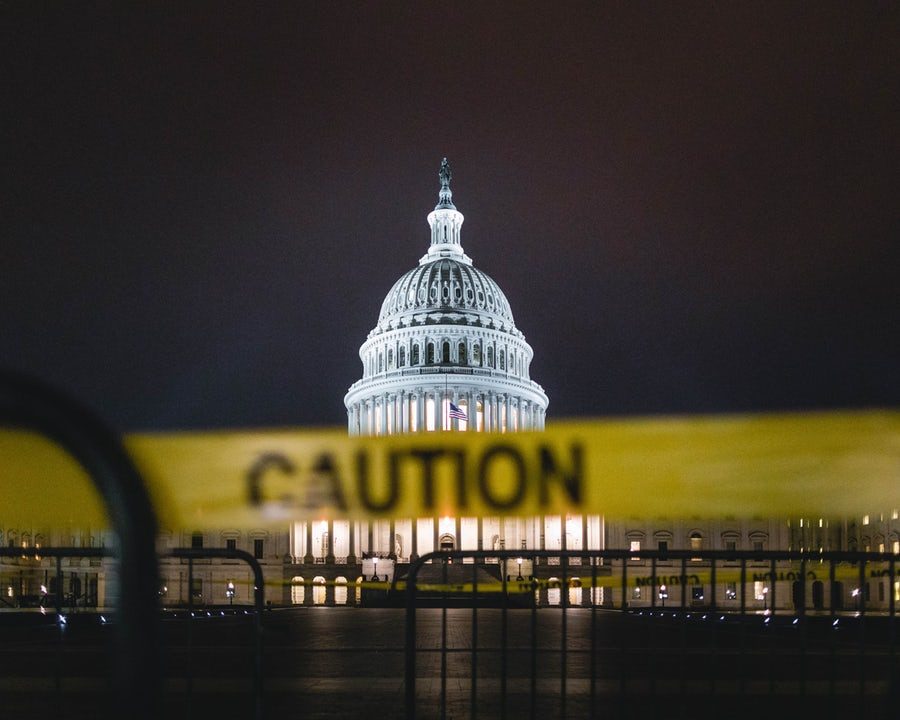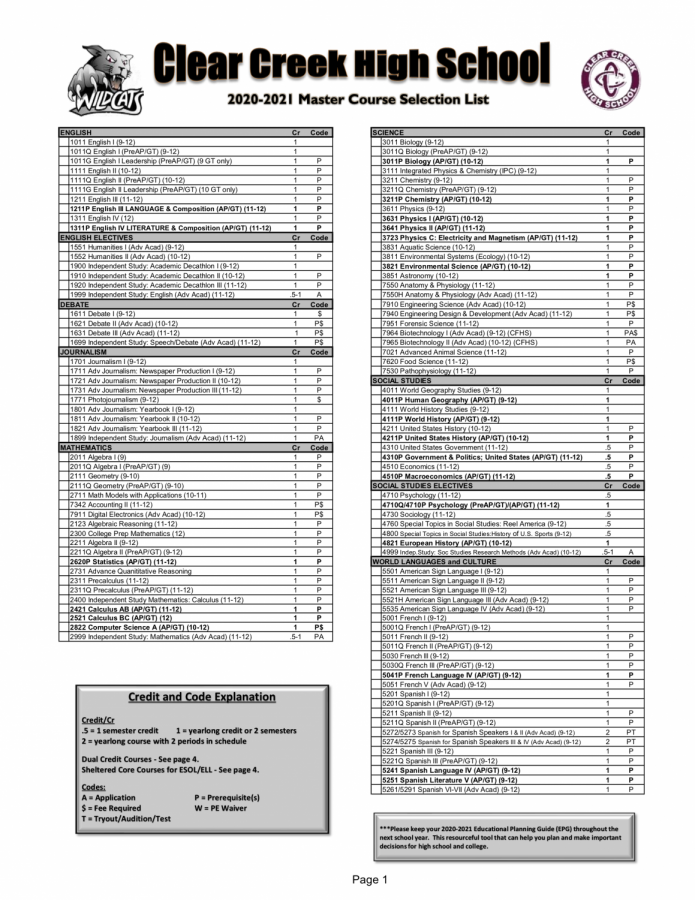Texas laws to officially go into effect after one year
September 25, 2014
As of September 1, Texas laws that were passed over one year ago officially went into effect.
“The laws that take effect September 1 pertain mostly to obtuse legal issues not of great concern to the broader public, except abortion,” Allan Saxe, an associate political science professor at the University of Texas at Arlington, said.
These laws include House Bill 5, which changed the graduation requirements for students entering high school in the 2014-2015 school year. There are several different course plans students are able to choose from in order to prepare for college as well as a future career.
House Bill 5 also states that the State Board of Education must approve a minimum of six advanced career and technology education classes and make them available for students to choose for their required fourth math course.
House Bill 1245 allows employees of criminal defense attorneys to participate in legal education courses, programs and technical assistance projects, which have already been funded for judges, prosecuting attorneys and their staff, as well as other court employees.
Under House Bill 1318, attorneys are appointed to represent minors and Texans in poverty. The law requires that these attorneys prepare information proving time spent working on those appointments for the previous financial year for the county where the work was completed. Before this law, minors who were unable to afford lawyers would get very far into the legal process before being appointed one.
Different parts of House Bill 3896 have reestablished guidelines governing the Jack County Hospital District. The portion of the law that has currently been taken into effect requires the board of directors to serve staggered three-year terms.
Senate Bill 966 combines many judicial regulatory boards, such as the Court Reporters Certification Board, the Guardianship Certification Board and the Process Server Review Board, into the Judicial Branch Certification Commission.
Senate Bill 1158 is geared to assist veterans with higher education. This is done by requiring the Texas Veterans Commission to give some oversight by creating veteran college resource counselors and establishing a state award that gives recognition to several colleges and universities for veteran education excellence.
“These are more complicated laws,” State Representative Garnet Coleman, a Democrat from Houston, said. “We’re talking about legislation that we pass and then give to the regulatory agencies. They have to figure out the best way to implement the laws and that can take time.”
House Bill 2, the state’s abortion law, is one that will not go into effect with the others. Federal Judge Lee Yeakel of the United States District Court in Austin ruled against portions of the law that would have shut down abortion clinics that do not meet certain enhanced medical standards. Judge Yeakel stated it would place unconstitutional obstacles to women’s access to abortion. Several medical experts said the high standards were unnecessary for patient safety.
Judge Yeakel also rolled back a requirement that abortion clinic doctors have admitting privileges at local hospitals. Medical experts also deemed this irrelevant to patient safety, and the requirement caused more than 20 clinics across Texas to shut down.

















